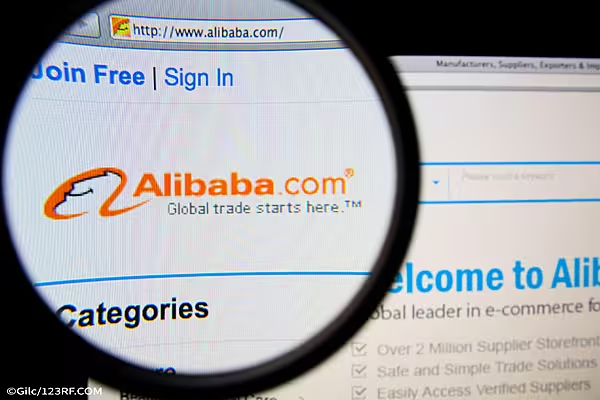AliExpress, the global e-commerce platform of Chinese online shopping giant Alibaba, warned customers that there may be some delivery delays due to the coronavirus outbreak.
AliExpress is one of the most downloaded shopping apps globally, part of a growing e-commerce trend in which consumers worldwide buy goods such as mobile phones, vacuum cleaners and dresses directly from manufacturers mostly based in China.
"Some shipping and logistics are experiencing longer waiting times for processing orders," it said in a Facebook post.
Unlike Alibaba's Tmall or Taobao, which target the domestic market, AliExpress primarily caters to international buyers.
Alibaba is pushing outside of China through units like AliExpress to compensate for slowing economic growth at home and rising competition from the likes of JD.com.
Launched in 2010, AliExpress is particularly popular in Russia, the United States, Brazil, Spain and France selling items like jeans for $12.41 and wireless headphones for $6.64. It had more than 79 million annual active consumers for the 12 months ended Aug. 31, 2019, according to Alibaba's website.
Delays
Customers complained on Tuesday that orders were not only taking a long time to arrive but instead of being cancelled and refunded were being automatically renewed.
"It doesn't inspire confidence that they renew your order forever and you can't stop it," said Monika Hendry, originally from Poland and now living in Hong Kong who spent around $10 on a mobile phone holder on 17 January on the site.
"The only answer AliExpress provides is to contact the seller directly if you have any problems but the seller is not responding and then you are stuck. You have absolutely no recourse," she said. "It's a total waste of time."
AliExpress did not immediately respond to questions about customer complaints.
Alibaba Group warned in February of a drop in revenue at its key e-commerce businesses as the coronavirus sweeping China hit supply chains and deliveries.
Amazon.com sellers in the United States are bracing for product shortages due to idled factories in China and cancelled flights carrying cargo from that country. Over 1 million Amazon sellers source products from Chinese merchants.
The outbreak has claimed more than 3,000 lives and infected more than 90,000 people globally, after spreading from China to 77 other countries and territories.
News by Reuters, edited by ESM. Click subscribe to sign up to ESM: European Supermarket Magazine.














